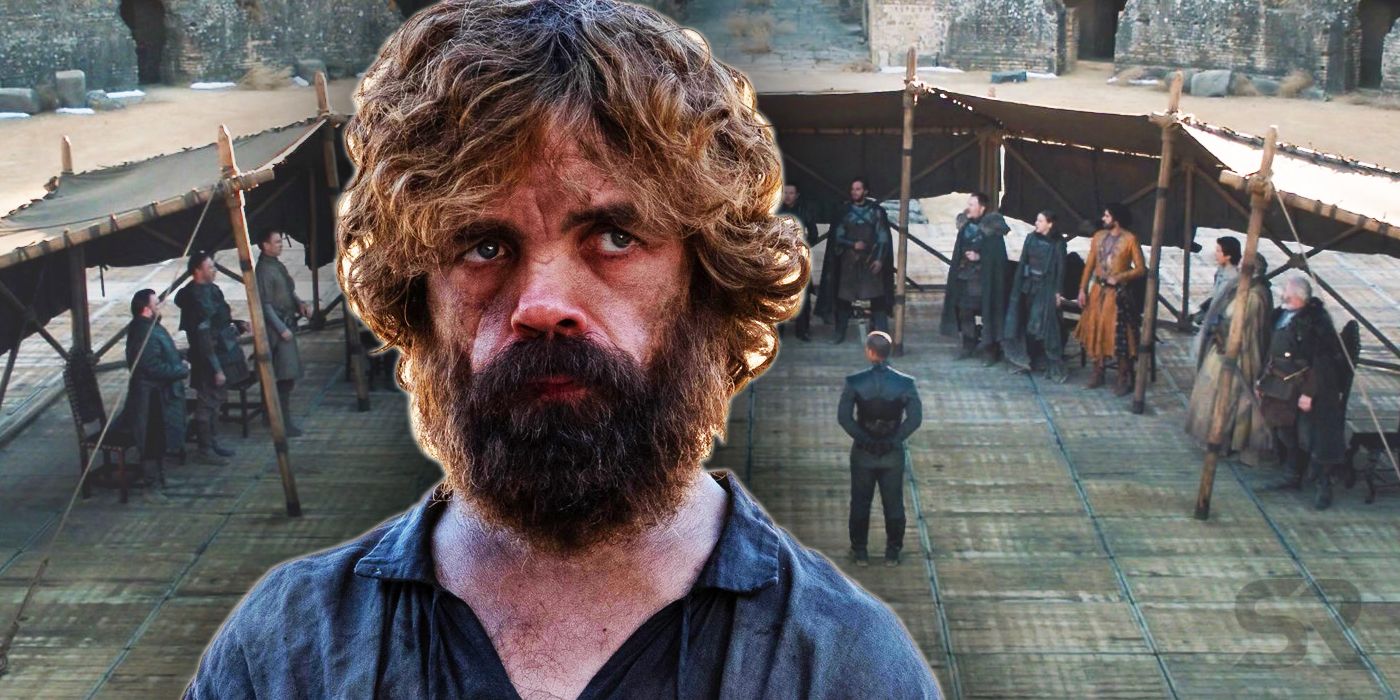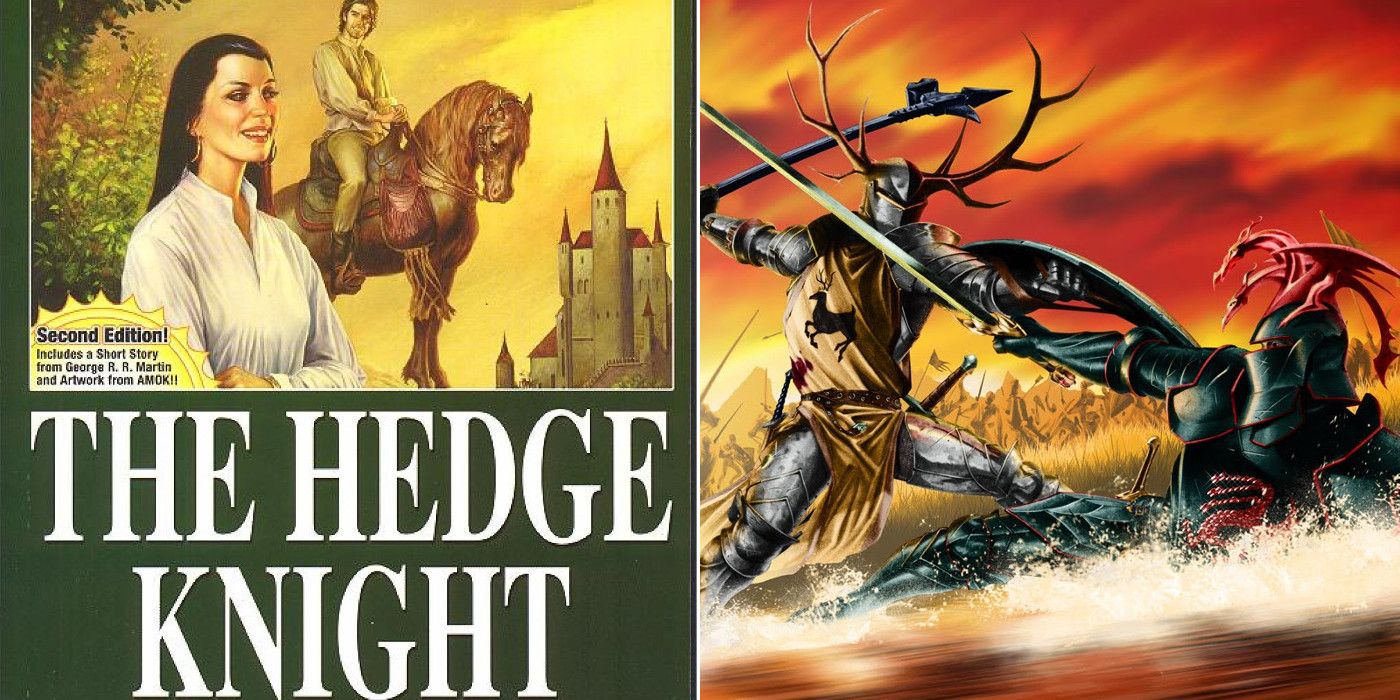At the conclusion of the Game of Thrones series finale, a Great Council is held to determine who will become the next monarch of the Seven Kingdoms of Westeros. However, this wasn't the very first time that such a move had to be made.
"The Iron Throne" set up many new precedents for many aspects of Westerosi society, helping to destroy the wheel that Queen Daenerys Targaryen talked about doing for so long – the North breaks away to form its own independent kingdom, the Iron Throne is destroyed (along with most of the Red Keep around it), a king is chosen completely outside of the merits of family lineage, and there's a seemingly-fused level of co-existence between the wildlings and what’s left of the Night's Watch.
But that seemingly-out-of-the-blue development regarding the selection of Bran the Broken as the king of Westeros does actually have a fair bit of precedence; even though the Targaryens had formed the original, unbroken dynasty for the first three centuries of the Iron Throne's existence, there were still two extenuating circumstances that cast doubt on the line of succession, such as when a number of inheritors died at a rapid rate and left the open question of whether the king’s sibling or grandchild should next receive the crown. Great Councils were then called (or partially called, in the case of several other instances), being comprised of as many as a thousand lords and lasting as long as six months.
These gatherings aren’t just mere historical footnotes, either – some have gone on to have a tremendous impact upon the Seven Kingdoms. The first Great Council, convened 200 years before the television show’s start, codified the tradition of never allowing women to sit the throne (something which isn’t fully broken until Cersei Lannister arrives on the scene), and the second, which was summoned just 70 years before Game of Thrones, landed right in the middle of author George R.R. Martin’s series of prequel novellas called The Tales of Dunk and Egg, which follows the characters of Ser Duncan the Tall (Brienne of Tarth’s ancestor) and King Aerys V (the grandfather of Mad King Aerys, the great-grandfather of Daenerys Targaryen, and the great-great-grandfather of Jon Snow).
All of these help to establish the bona fides of selecting a monarch by committee instead of progeniture, but it turns out that modern-day Westeros is also littered with other examples of this tradition: the Night’s Watch holds direct elections (which is probably where Samwell Tarly gets the idea from in the first place), the ironborn hold kingsmoots, and there is voting in certain city-states or regions of that giant landmass known as Essos. However, while all this makes the Game of Thrones' finale's own King election more understandable, it doesn’t at all undercut its influence; coming at the end of an unprecedentedly long series of wars, this meeting of the lords and ladies of Westeros's few remaining (or newly-forged) great houses is able to decide unprecedented matters, such as the independence of one of the seven kingdoms and the crowning of a crippled young man – a truly important, revolutionary point, as hereditary will no longer play a role in the governance of the country, with a form of proto-democracy instead taking its place regularly and routinely in Game of Thrones' future.


